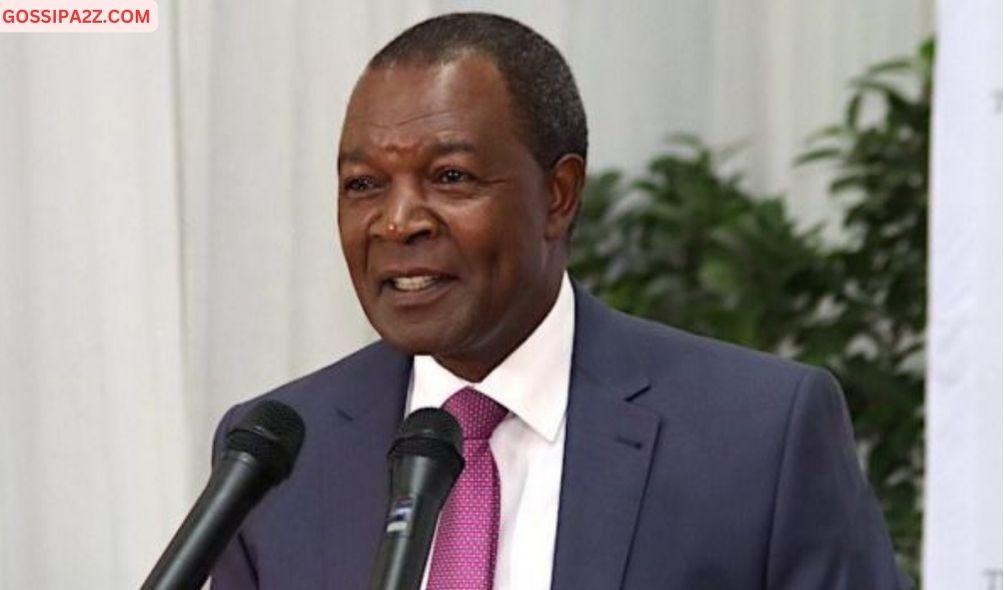Ruto Abolishes Contentious Tax; Here’s Why
In a major policy shift revealed on Thursday, May 30, President William Ruto’s administration has rescinded the decision to apply VAT on exported goods and services, aiming to boost the global competitiveness of Kenyan products.
Conversely, the government has tightened domestic VAT rules, requiring VAT to be applied to all goods and services, whether imported or locally produced.
The National Tax Policy dictates that “all goods or taxable services shall be charged VAT whether they are imported or produced locally,” to ensure a uniform tax framework.
As a result, all goods, from locally harvested maize to maize flour in supermarkets, will be subject to VAT.
The policy clearly states, “No exemption or lower-than-standard rate of VAT shall be provided to any person on distributional consideration,” and that all exported goods or taxable services will be taxed at a zero rate to enhance international market competitiveness, following the destination principle.
The National Treasury clarified, “VAT shall be charged at all stages of production and distribution, including at the retail stage.” This shift eliminates the controversial VAT on export services imposed by the Finance Bill 2022, which had set a 16 percent VAT on exported services starting July 1, 2022.
These tax changes come as the Ruto administration responds to the International Monetary Fund’s (IMF) decade-long push to eliminate broad consumption reliefs. The changes are anticipated to raise the cost of essential goods and services if the proposed tax law revisions are fully implemented.
For about a decade, the IMF has urged the government to tax all goods while implementing social programs to protect vulnerable households.
ALSO READ:
- Gachagua Fires Back at Ruto’s ‘Complaints’ Over Opposition Party Launch- “Where Did You Get 4 Hours To Listen To Us?
- How IEBC Employees Used Fake KCSE & Degree Certificates to Make Ksh35 Million
- Govt Issues Stern Warning to Gachagua in Strongly-Worded Letter
- Raila to Rule from the Shadows? Senator Claims ODM Leader Will Be More Powerful Than Ruto
- Was Natembeya Fleeing for His Life as Angry Mob Turned Hostile at MP Malulu Injendi’s Home?
The VAT treatment of exported services from Kenya has been a contentious issue, leading to numerous disputes between the Kenya Revenue Authority (KRA) and cross-border business taxpayers.
The government’s announcement of major tax policy changes is part of a broader strategy to widen the tax base and boost revenue. The National Tax Policy now requires all income generated within Kenya to be subject to corporate tax, regardless of its source.
This initiative aims to counter the decline in tax revenues. The policy specifies that the corporate income tax base will include all revenues earned in Kenya on an accrual basis, regardless of their origin.
These new measures address the decline in Kenya’s tax revenues, which has been linked to various incentives and exemptions given to the ultra-wealthy and large investors over the past decade. While these incentives were intended to attract investment, they have led to a reduced tax-to-GDP ratio.
Critics argue that applying VAT broadly will disproportionately affect low-income households, increasing the cost of living.
However, supporters believe that a consistent and comprehensive tax regime will result in a fairer distribution of tax burdens and ultimately strengthen the country’s fiscal health.
Ruto Abolishes Contentious Tax; Here’s Why
